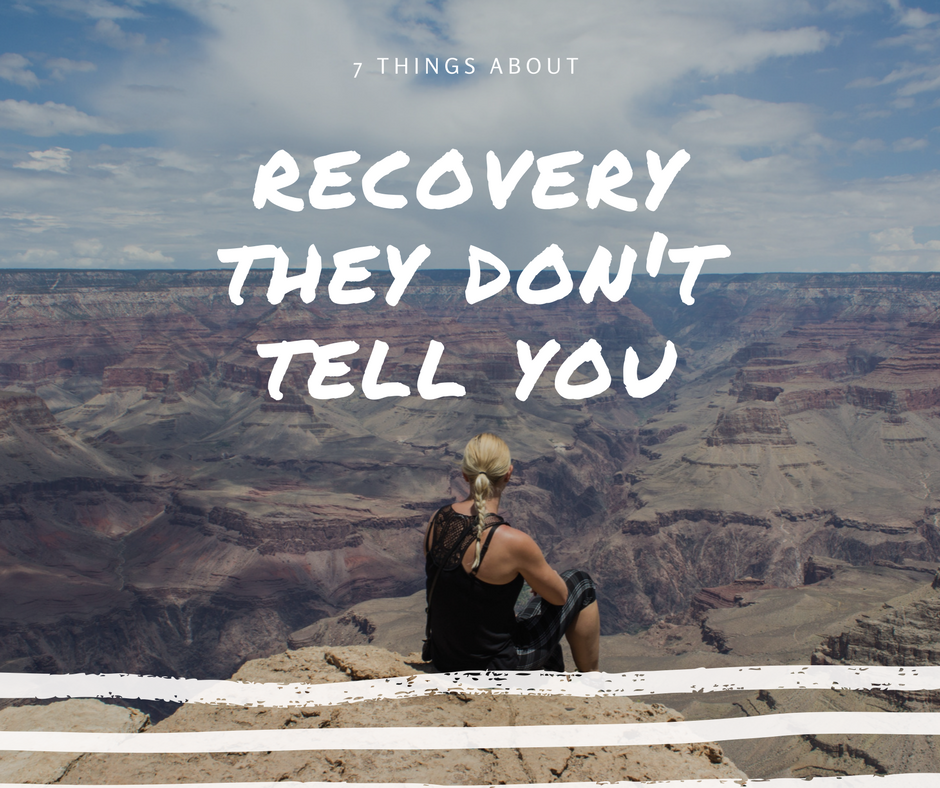
People call me weird
“Come on you can have just one drink”
I hear this over and again.
Ever since I stopped drinking people don’t invite me out anymore, call me weird and just can’t understand why I don’t drink.
I want to be sober because I want to live the best possible life I can. And alcohol messes that up.
I’m like Tom Cruise. Because not drinking in today’s society is basically Mission Impossible.
The problem is that now I don’t fit in with most people, workplaces or even my own family.
Every time I’m out with other people they have questions about my sobriety or make comments about their own habits.
“You never come to happy hours.”
“I don’t drink that much.”
“I just drink on the weekends.”
Looking back that’s probably why I started Live Rehab with my partner.
We were talking the other day about this exact thing, “People aren’t going to understand are they?”
I replied, “Nope. But we have to keep on trying anyway.”
She paused, then laughed, “There has got to be other people like us right?”
When we’re looking to help people through Live Rehab we look for people who want to live the same kind of life.
Fathers who don’t want to wake up hungover anymore.
Mom’s who are sick of drinking around their kids.
Athletes who can’t risk they professional careers by drinking too much.
Hollywood celebrities that aren’t interested in traditional rehab.
Because there is nothing better than finally getting sober and living the best life possible.
The key is to know you’re in the right.
Then live it consciously.

Why an Interdisciplinary Approach is Valuable in Addiction Treatment

Be an Expert but Have an Open Approach too
When majoring in counseling, psychology, or social work, colleges and universities teach a wide variety of approaches. During the time, it can seem quite overwhelming and oftentimes students are encouraged to be an expert in one thing. This is something I do agree with however, it is also important for professionals to be well versed in multiple approaches.
Re-Evaluate Rather than Force an Approach
When treating someone who struggles with an addiction, a professional should always try an approach they are good at because if it works, there is no need to explore another approach. But, if that approach isn’t working or it becomes exhausting because the professional and client are not jiving, it’s critical to re-evaluate rather than force a set of ideologies onto to someone who is resistant.
Professionals Need to Check Their Own Feelings
In order to do this, the professional must be able to check their own feelings at the door. Far too often, professionals get offended or stressed about the fact that a certain client isn’t responding to their method of treatment. Instead, professionals need to communicate with their clients constantly and collaborate with other professionals. There must be a respect for this type of practice across the board.
Finding the Perfect Professional is Crucial to Your Success
If you have a professional who is not willing to adjust their style to fit your needs, first, try to communicate what you are feeling. If that doesn’t work then finding another professional is essential to your recovery.
7 Things about Drug and Alcohol Recovery Nobody Tells You

Thinking back to the early days of recovery I remember a certain sense of bewilderment and shock. Now some of that was certainly due to the fact I was no longer a chronic drinker but some of it was due to how the world would treat me now. Over time I’ve come to realise that nobody really talks about these things out loud. In fact, I’ve talked to many addicts who have been through professional rehab facilities that agree with these 7 things. So, without further adieu, here are the 7 things about recovery nobody tells you.
Your body is coming back to you like a foreign object
When you first stop drinking or smoking or snorting whatever it is you are addicted to, some changes occur in your body. Now you might be thinking – duh! Obviously. But what most people don’t realise is that the body you get back has been wrecked in ways you have no way of knowing. Your body won’t fully recover for years to come and, when it does, it’s going to be a different beast altogether.
People hate/admire what they don’t have
I’ve talked about WTF moments of sobriety before but you’ve got to prepare yourself, in advance, for the avalanche of fucked up shit you’re going to have to deal with. People are going to say the weirdest things to you. I won’t go into all of them but BE PREPARED!
Free time
Yep. You’re going to have lots more free time that you used to. It’s not all going to come back to you at one time though. For every 3 minutes you spend smoking a cigarette each day multiplied by number by day! That’s the trick though – you have to think about the time as adding up in general.
New things to fill that free time
Find some new things to fill that time. If you were a smoker for instance and took smoke breaks at work, try filling it with something else. Take a quick walk around the block. Fidget with some legos at your desk. You need to be an active participant in this stage. Find a hobby. Quick.
Extra brain power
This one is a bit weird and may not apply to everyone BUT lots of people we talk to find a surge in brain power. Now, some of this comes from not being in a fog or daze from the drugs or alcohol. But to get this affect it’s going to take a while. Some people report 6-12 months before this onset occurs. Be patient.
Your balance
Your balance is going to get a bit wibbly wobbly for a while. Alcohol affects the equilibrium and it’s not until 3-9 months before it comes back properly. You’re going to see weird things happen over time including potentially being way off balance.
You find yourself
Ok this one was cheesy. But nobody prepares you for the emotional changes you end up experiencing until it settles in for real. Then you get to see, experience and feel the best possible version of yourself.
So, now we ask you, our Live Rehab community, what things have you noticed that nobody warned you about in recovery?
Why Chemical Dependency Professionals must Understand Research, Data and How it Applies

Have you been involved in a discussion with someone who claims they know better than science and data? I think we all have.
I never wore a seat belt as a kid and I’m still alive.
My grandfather smoked and drank his whole life and lived until he was 103.
My sister beat cancer by thinking positive thoughts. You can do the same!
Whether online or in person, there are hundreds are scenarios where people think they know better than actual scientific data and research. When working in the field of addiction, it is critical to not fall into that same trap. Even if a chemical dependency professional works with clients where their own unique experience helped them, it does not mean it will work for the next client.
Science and data is helpful as it gives a professional a place to start. In order to fully implement methods into practice, the data and research must be understood. Once understood, a professional must also be aware of the limitations of said research and be open to new information as well.
Again, as I always say, chemical dependency professionals are the ones on the front line and it is crucial to find the right balance between science and the realization that alternative methods may better suit the person who struggles with addiction.
- 1
- 2
- 3
- …
- 7
- Next Page »